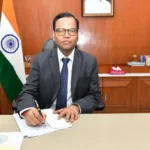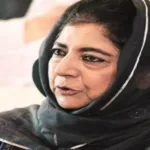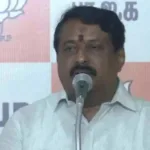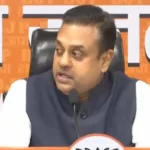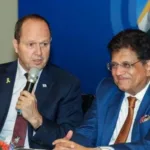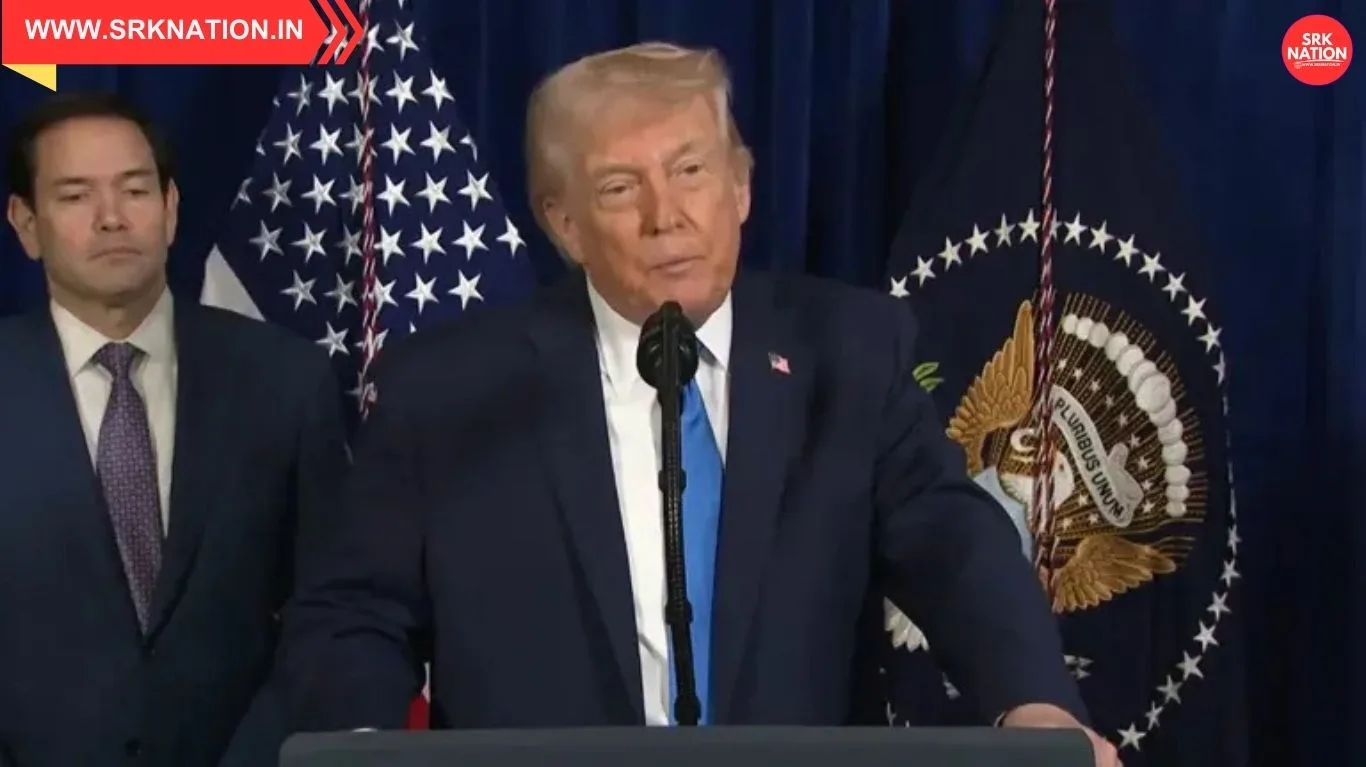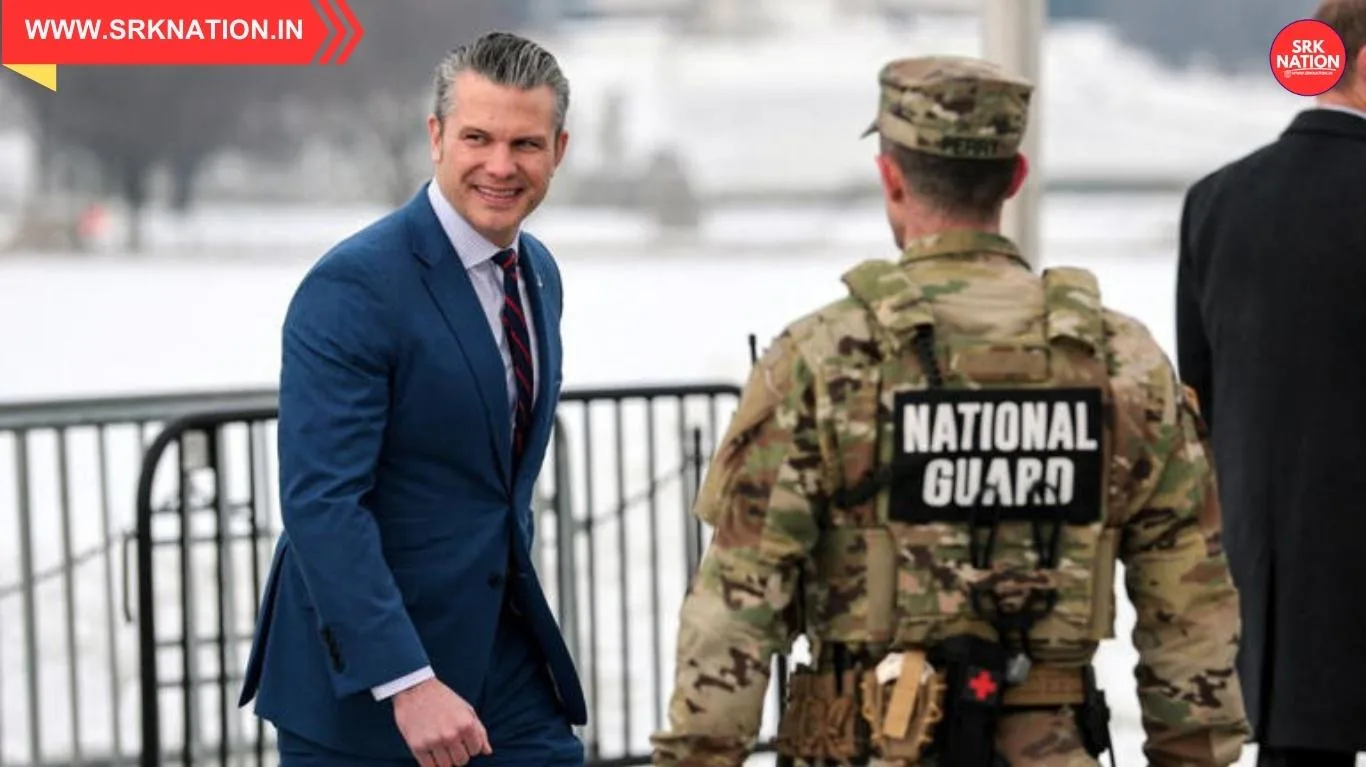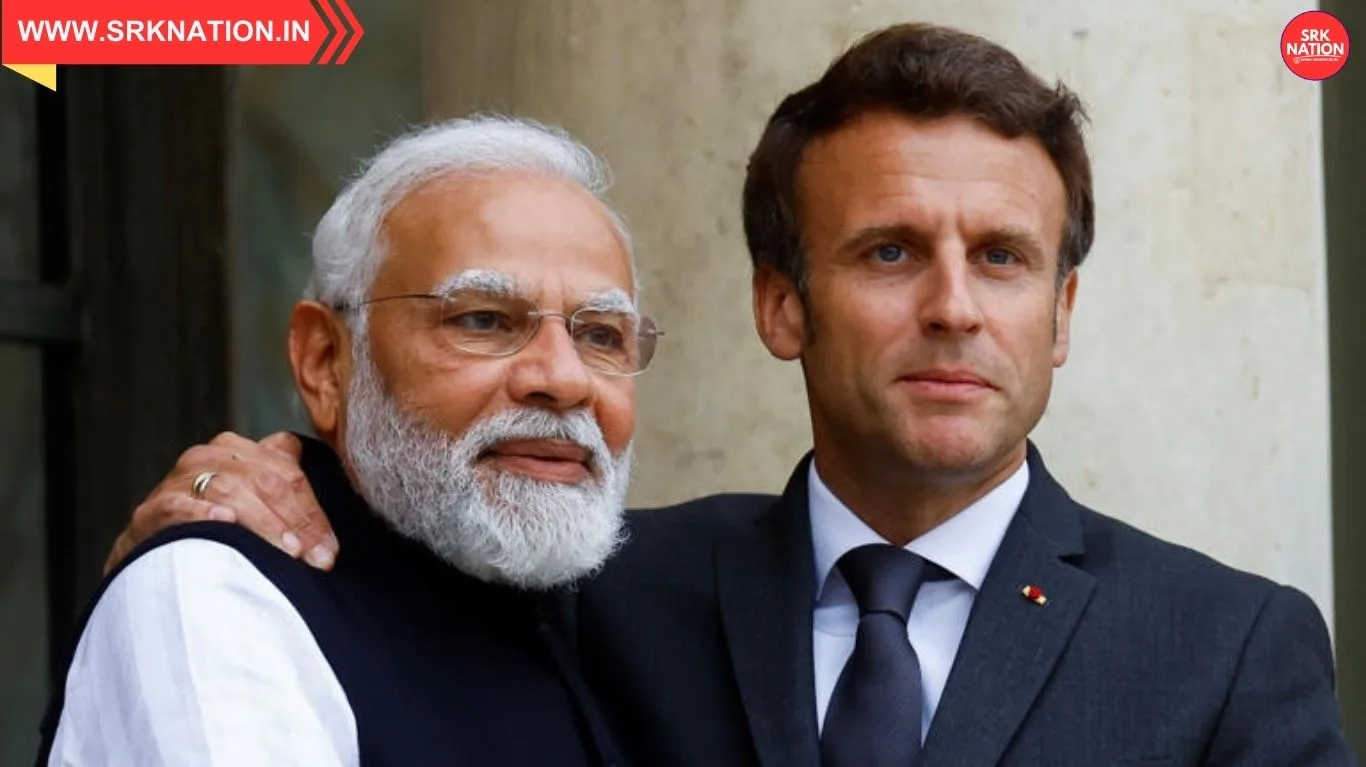In a sharply-worded rebuttal to the Trump administration’s criticism of India’s energy trade with Russia, External Affairs Minister S. Jaishankar said he was “very perplexed” by the logic behind the United States’ decision to impose a 25% tariff penalty on Indian goods over Russian oil purchases. Speaking in Moscow alongside Russian Foreign Minister Sergey Lavrov, Jaishankar reminded the global community that it was the Americans themselves who had encouraged India to buy Russian oil to help stabilise global energy markets.
The remarks come amid heightened tensions between Washington and New Delhi over energy diplomacy, trade tariffs, and geopolitical alignments. Jaishankar’s visit to Russia also included meetings with President Vladimir Putin and First Deputy Prime Minister Denis Manturov, where both sides reaffirmed their commitment to expanding bilateral trade and energy cooperation.
🧭 Jaishankar’s Statement: A Direct Response to US Criticism
During a joint press briefing with Lavrov, Jaishankar said:
“We are a country where actually the Americans said, for the last few years, that we should do everything to stabilise the world’s energy markets, including buying oil from Russia. We also buy oil from America, and that amount has been increasing. So quite honestly, we are very perplexed at the logic of the argument.”
Jaishankar pointed out that India is not the largest purchaser of Russian oil, LNG, or even the country with the biggest post-2022 trade surge with Moscow. He named China and the European Union as larger importers, questioning why India was being singled out for punitive tariffs.
| Country | Russian Oil Imports (2025) | US Tariff Action | Jaishankar’s Comment |
|---|---|---|---|
| India | ~42% of total imports | 25% penalty tariff | “Perplexed by logic” |
| China | Largest importer | No penalty | “They buy more than us” |
| EU | Largest LNG importer | No penalty | “We’re not the biggest” |
📊 India’s Energy Trade: Balancing National Interest and Global Stability
India’s decision to continue purchasing Russian oil is rooted in its national interest—ensuring affordable energy for its population and maintaining inflation control. Jaishankar emphasized that India also imports oil from the United States and that those volumes have steadily increased.
| Source Country | Oil Import Share | Strategic Rationale |
|---|---|---|
| Russia | ~42% | Discounted rates, long-term contracts |
| United States | ~18% | Diversification, strategic alignment |
| Middle East | ~30% | Traditional supplier, proximity |
India’s energy policy, according to Jaishankar, is guided by pragmatism and global stability—not ideological alignments.
🔍 US Tariff Controversy: A Shift in Tone
The Trump administration’s decision to impose a 25% tariff on Indian goods over Russian oil purchases has been widely criticised as inconsistent and politically motivated. US officials including Treasury Secretary Scott Bessent and Trade Advisor Peter Navarro have accused India of “fuelling the Russian war machine”.
| US Official | Statement Summary | Indian Response |
|---|---|---|
| Scott Bessent | Accused India of profiteering | “Unfair and unjustified” |
| Peter Navarro | Criticised India’s energy diplomacy | “We’re not the biggest buyer” |
| Donald Trump | Imposed 25% tariff penalty | “Very perplexed” |
Jaishankar’s remarks in Moscow were seen as a direct counter to these accusations, highlighting contradictions in US policy.
🧠 India-Russia Bilateral Talks: Expanding Trade and Investment
Beyond energy, Jaishankar’s visit focused on strengthening India-Russia trade ties. He met with First Deputy PM Denis Manturov to discuss non-tariff barriers, regulatory impediments, and opportunities for Indian exports in pharmaceuticals, agriculture, and textiles.
| Sector | Bilateral Focus | Proposed Action |
|---|---|---|
| Pharmaceuticals | Increase Indian exports | Address regulatory hurdles |
| Agriculture | Long-term supply contracts | Expand market access |
| Textiles | Trade diversification | Reduce imbalance |
| Fertilisers | Secure supply chain | Strategic agreements |
| Skilled Labour | IT, engineering, construction | Address Russian labour needs |
Jaishankar also proposed joint ventures in energy extraction in Russia’s Far East and Arctic shelf, signalling deeper strategic cooperation.
📉 Geopolitical Implications: India’s Balancing Act
India’s energy diplomacy is increasingly being viewed through the lens of global geopolitics. While maintaining strong ties with the US, India has refused to be pressured into abandoning its Russian energy partnerships.
| Strategic Axis | India’s Position |
|---|---|
| US-India | Trade tensions, strategic cooperation |
| India-Russia | Energy, defence, and trade expansion |
| India-China | Competitive energy imports, border tensions |
Jaishankar’s comments reflect India’s nuanced approach—balancing national interest with global expectations.
🧠 Expert Commentary: Pragmatism Over Politics
Energy analysts and foreign policy experts have praised Jaishankar’s clarity and assertiveness. Dr. Radhika Menon, a senior fellow at the Indian Council of World Affairs, said:
“India’s energy policy is pragmatic. Jaishankar’s remarks underscore the contradictions in US rhetoric and the need for a rules-based global order.”
Trade economist Rakesh Sharma added:
“Tariffs based on political optics undermine trust. India’s diversified energy portfolio is a model for emerging economies.”
These insights highlight the importance of consistency and fairness in global trade diplomacy.
📌 Conclusion
External Affairs Minister S. Jaishankar’s remarks from Moscow have laid bare the contradictions in US policy on Russian oil imports. By pointing out that it was Washington that once encouraged India to buy Russian oil to stabilise global markets, Jaishankar has reframed the narrative—asserting India’s right to pursue its national interest without being penalised.
As India and Russia deepen their trade and energy ties, and the US continues to impose tariffs, the global energy landscape is being reshaped by pragmatism, resilience, and strategic autonomy.
—
Disclaimer: This article is based on publicly available government statements and media reports as of August 21, 2025. It is intended for informational purposes only and does not constitute diplomatic or investment advice.

